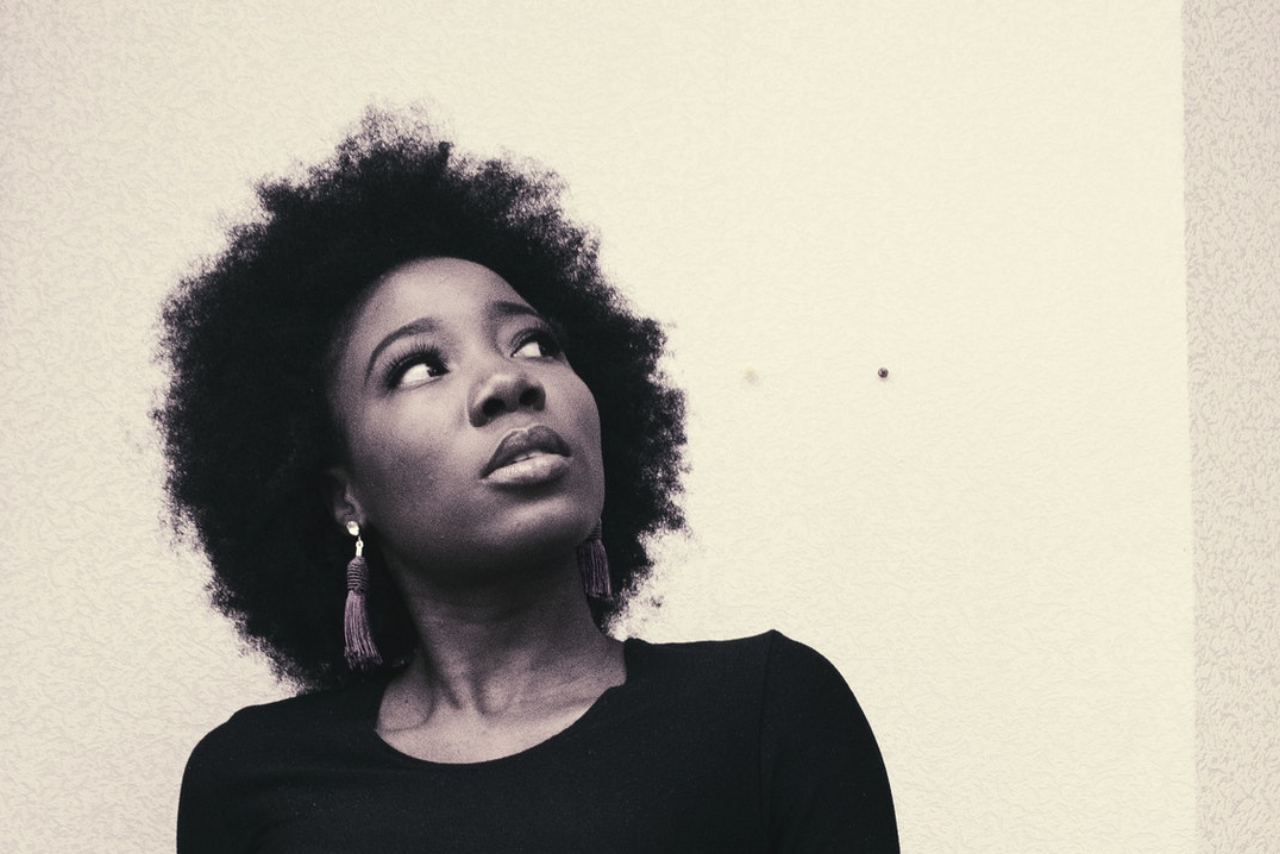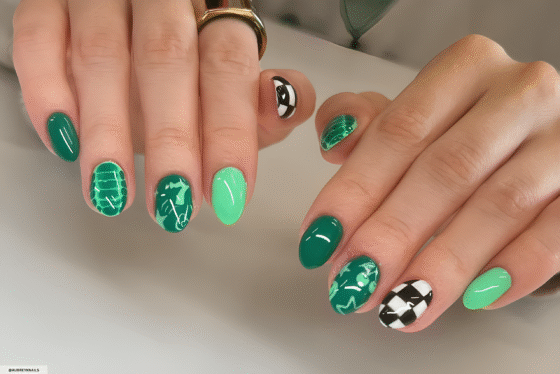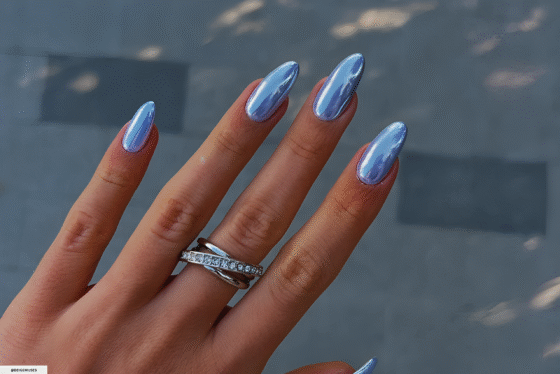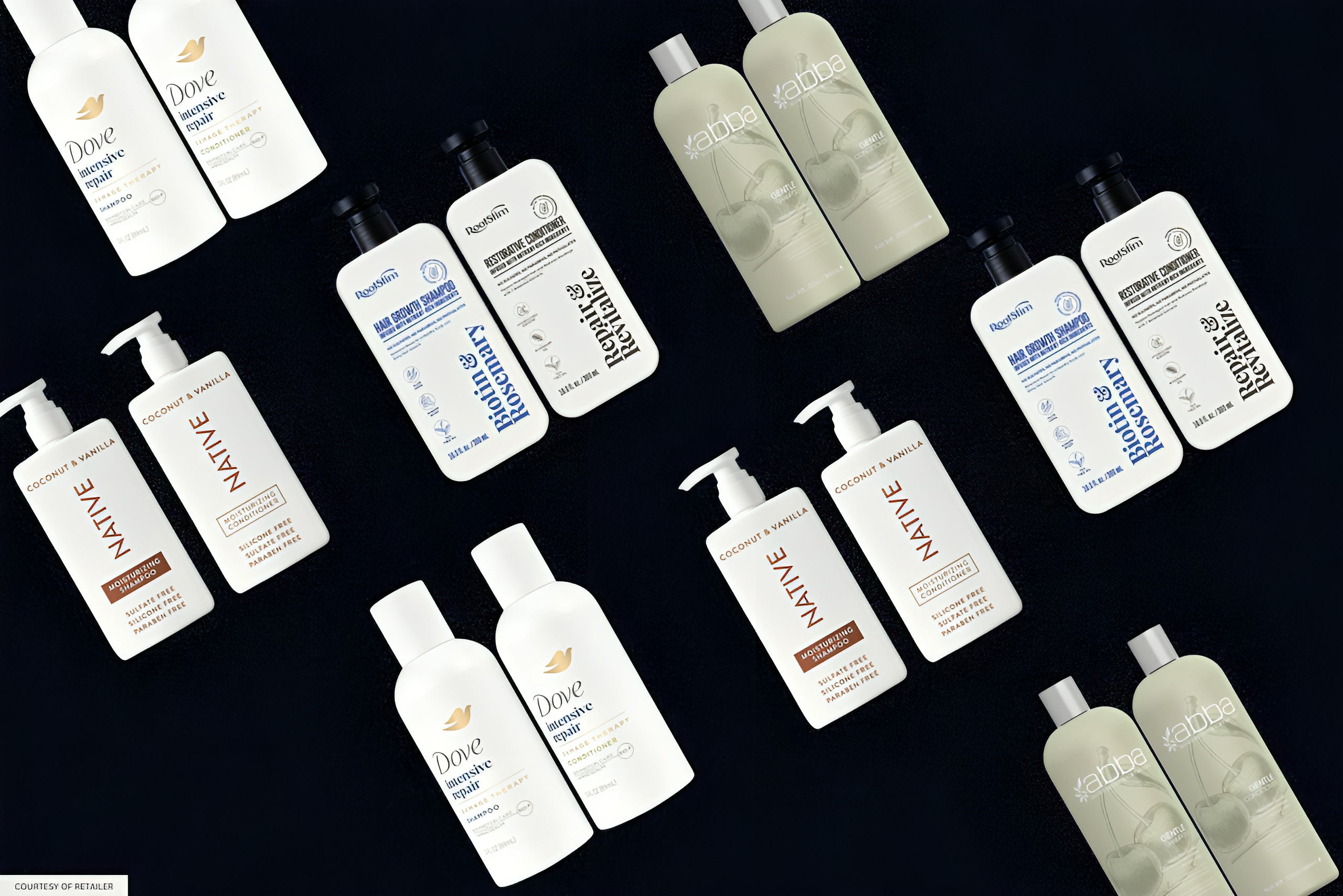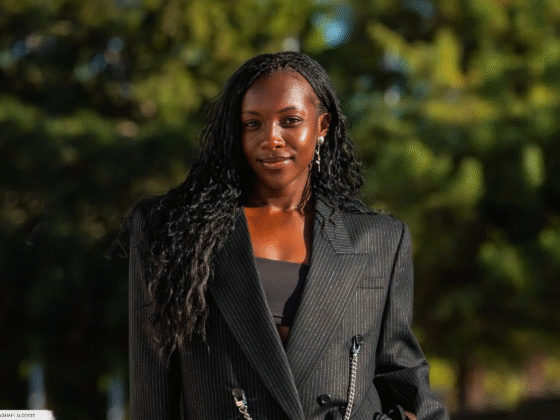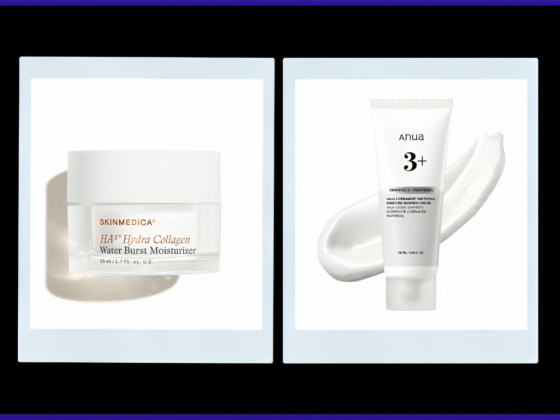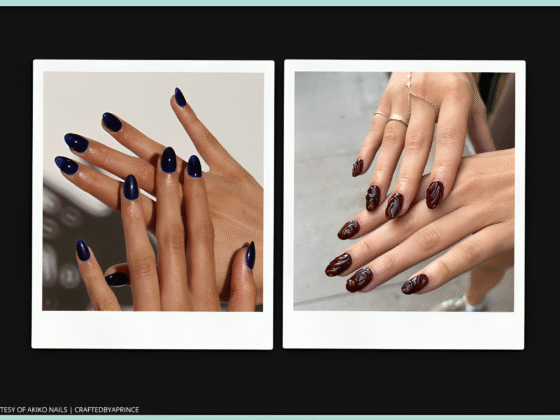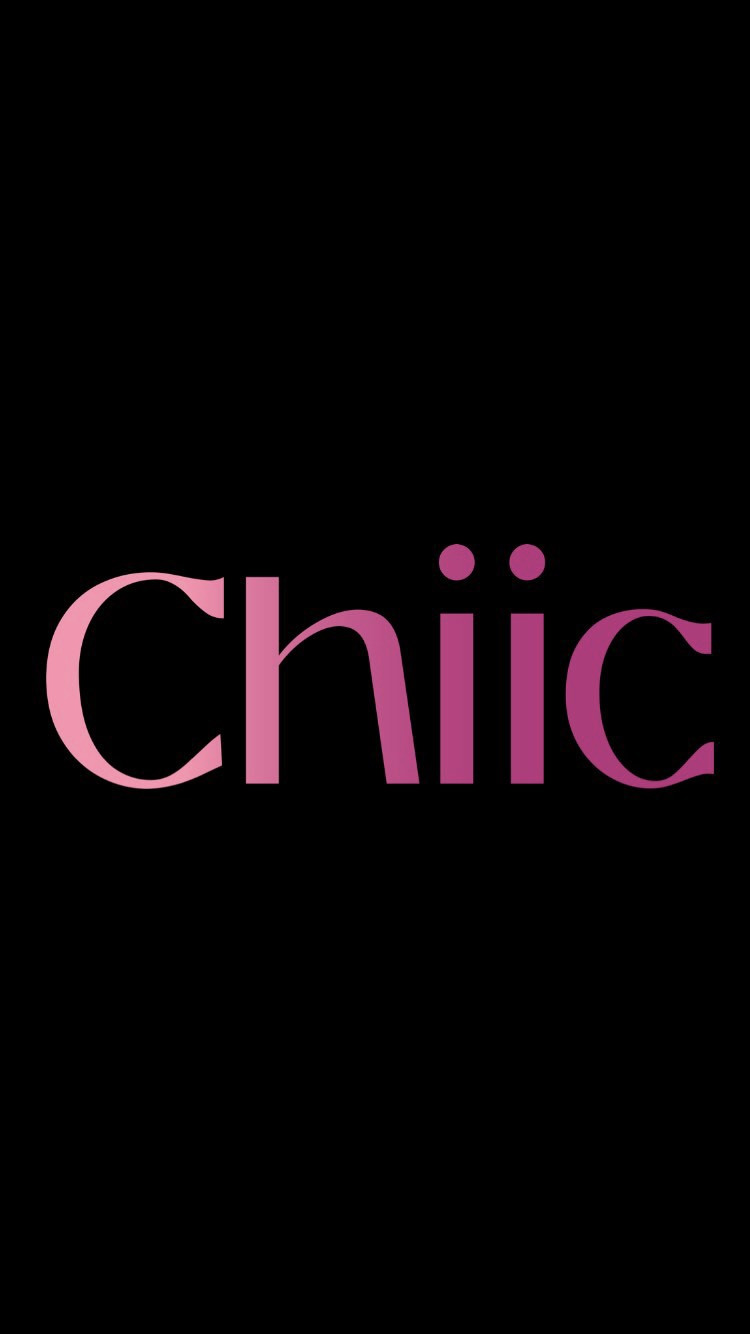Last Updated on 2 years ago by By Chiic Magazine
If you’re reading this, you’re probably considering transitioning to natural hair — perhaps you’ve been relaxed for years or maybe you’ve just decided that it’s time to embrace your natural texture after years of relaxing and straightening. Either way, there are some key things to know before making the leap from chemically treated hair to natural hair.
If you’re thinking about transitioning, take a look at these seven tips for transitioning to natural hair before making the decision that will impact your hair for the rest of your life.
1. Do Your Research
Although it’s completely natural and just a part of life, many black women feel self-conscious about their hair. So if you’re thinking about making a transition to natural hair, start by doing your research. It can help prepare you psychologically and mentally so that you’re not left with any surprises down the road—and so that transitioning is more like an exciting adventure rather than a daunting task.
2. Invest In Quality Hair Products
Before you go natural, determine which products are going to be best for your new ‘do. Keep in mind that natural hair may take a bit longer to style, so you don’t want super-hold hair gel or mousse—these will make it even harder to form curls and styles.
3. Protect Your Hair And Scalp From Heat Damage
All heat styling, whether it be from blow-dryers, curling irons or straighteners can cause damage that leads to breakage and thinning. One of the easiest ways you can protect your hair from damage is by using products with argan oil in them. Argan oil helps provide strength and moisture to your hair and encourages healthy hair growth.
4. Use Protective Styles
One of the best ways to keep your hair healthy while transitioning is by using protective styles. You can experiment with braids, twists, and buns as you grow out your new ‘do. Styles like cornrows and Senegalese twists also add a lot of length to your tresses in a short amount of time—and because these styles are typically worn in one place, there’s less risk that those new curls will end up damaged.
5. Spend Time On Maintenance
Once you decide to take on natural hair, you’ll want to know how much time and energy it will take. Although natural hair requires less maintenance than chemically treated hair, it still takes attention.
6. Learn About Your Hair Type
Most black women will experience type 4, kinky hair at some point in their lives. If you’re transitioning from chemical hair treatments and want to return your hair to its natural state, it’s important that you determine what kind of hair you have before you start. Although there are a number of ways to categorize different kinds of black hair, two basic categories include: straight vs. coarse or curly.
7. Get An Experienced Opinion
You know your hair best, but you may not have a firm grasp on how natural curls will look in your unique hair type. If you’re trying out a new ‘do, enlist an experienced friend (or Google) to help you select a style that complements your features and frame. Go with Your Gut: You’ll always find someone with opinions about what they like and don’t like; even when it comes to curly hair.
